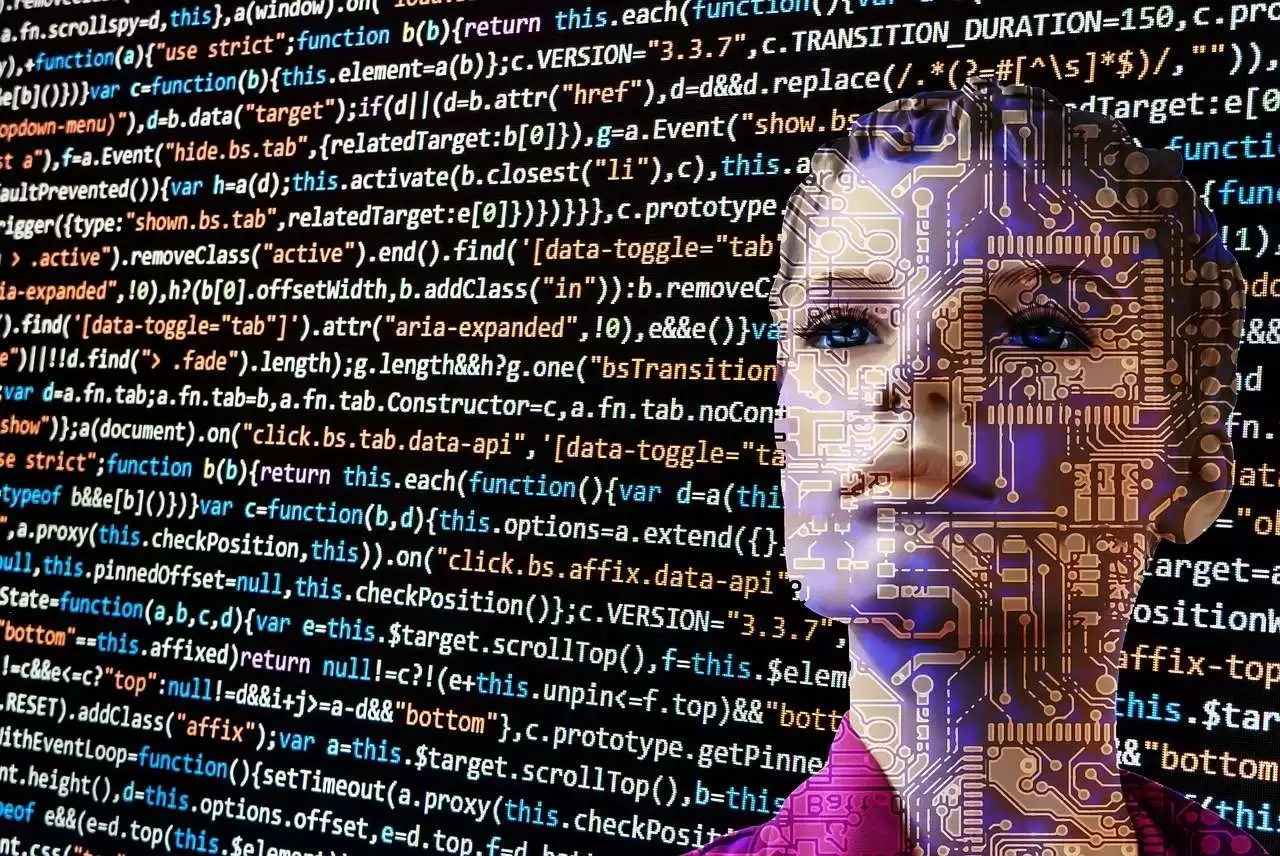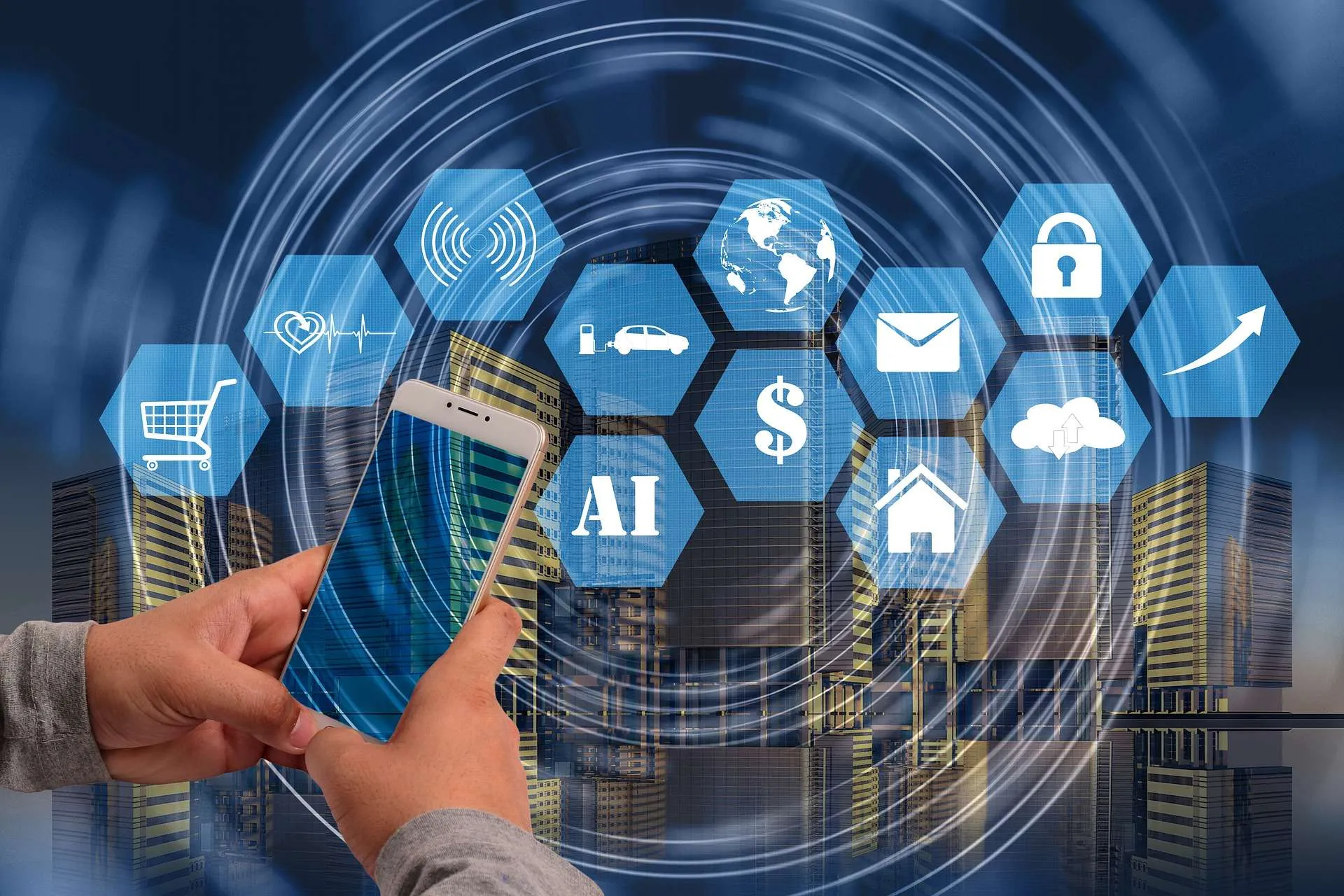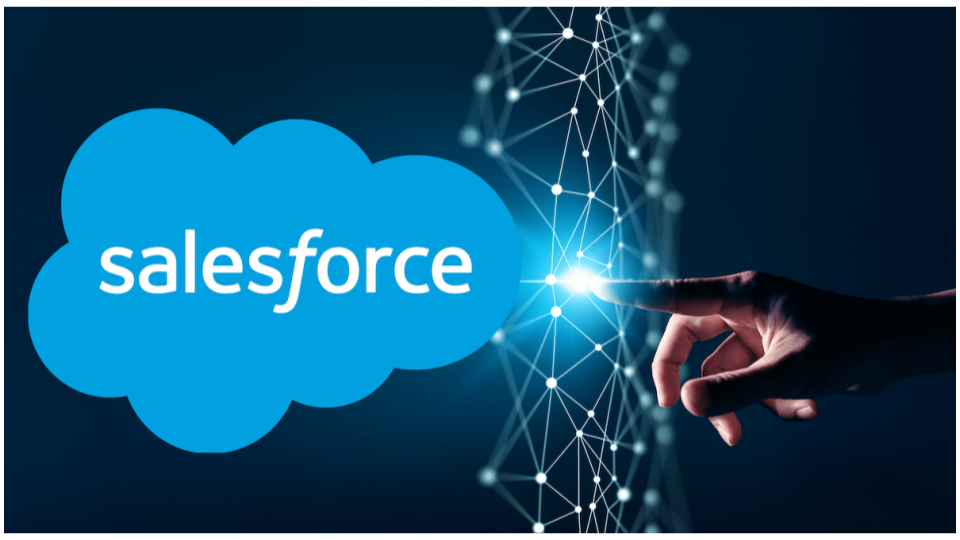7 Ways AI is Shaping Modern Marketing

The 1990s gave the marketers the methods and channels used by even today. Those strategies are still popular these days, but new approaches have emerged and evolved. We are talking about digitalization as many processes and actions have been transferred to the online environment.
Modern marketing strategies heavily rely on technological solutions for achieving their goals. One of the leading solutions is artificial intelligence development solutions which primarily facilitates decision-making and strategy building. AI in marketing has proved its efficiency and reliability.
What is artificial intelligence (AI)?
Before exploring the functions of AI in marketing, it would be useful to get to know more about the concept of artificial intelligence in general. There are many various definitions of this term though the main idea of this technological innovation remains clear. AI is designed to imitate the human minds, in particular, such cognitive functions and learning and problem-solving. Nowadays, you can even meet AI in the capital markets. So, the role of AI models day by day is growing.
This smart behavior of AI comes not just from programming-based algorithms but is also obliged to machine learning. For example, to teach the AI to read the traffic lights and fog lights, multiple pictures are presented to the machine. For instance, images with traffic lights captured on different streets, at various times of the day, and in different cities will make a machine recognize traffic lights later on.
Apart from machine learning, AI is about making predictions based on big data analysis. Gathering, sorting, and analyzing data makes it convenient to outline certain patterns in human behavior, weather conditions, financial market fluctuation, and other aspects of everyday life.
AI in marketing
The traditional marketing approaches imply that it is essential to conduct research to identify consumer interests before developing a new product. This all takes a lot of time and resources, but AI comes in handy. It helps to perform marketing activities online faster and with less effort.
The notion of digital marketing is now more widely used than traditional marketing. Digitalization has burst in very quickly by absorbing and transforming offline processes such as investigating consumer demand or performing market analysis. Meanwhile, AI has transformed digital marketing by taking it to another level. As a result, both marketers and consumers have benefited from this innovation greatly as AI has made it much more convenient to surf in a vast digital environment.
For example, when using an AI-powered marketing tool alongside a sales CRM Voyager AI, marketers can segment leads more effectively based on real-time data, while the sales CRM AI tracks customer interactions. This synergy ensures that sales teams reach out to the right leads at the right time, improving conversion rates and streamlining marketing and sales efforts.
AI marketing tools has advanced operations in various aspects of digital marketing, starting from advertising to user satisfaction. Below are the spheres that have undergone transformation due to the implementation of AI in digital systems.
Design
AI's increased speed and efficiency allow designers to produce designs more quickly and at a lower cost. AI's greatest strength will be in its ability to quickly sift through massive volumes of data and make design suggestions based on its findings. Using this data, a designer can make selective selections and final approval of revisions.
An example of this is LOGO.com. The free logo maker uses AI technology to generate millions of unique logos that adhere to important design criteria. It is no longer required for a client and a graphic designer to communicate back and forth to come up with a stunning design.
To satisfy the ever-changing demands of the workplace, AI will become a design partner for designers and marketers to take their projects to a new level without compromising their limited resources.
Advertising
Previously, there were only several media means that displayed or promoted ads for large audiences. Such an approach was effective only to a certain extent but even more so destructive. With AI in marketing, the ads have become more personalized in reaching the target audience.
As AI analyzes user data and audience demographics, marketers better understand which channels to use to promote the company’s product or services. Also, an ad is shown to a particular audience that meets age requirements, place of residence, and other vital factors. That means that an 18-year-old will not likely receive an ad about revitalizing face cream.
With the rise of AI ad generators, creating these personalized ads has become even more efficient. These tools automatically generate ad copy, visuals, and headlines tailored to specific audience segments, ensuring maximum relevance and engagement. AI-driven ad generators save time, reduce human error, and help marketers scale their campaigns while maintaining personalized content for each user. For those looking to maximize ad performance, finding the best AI ad generator can improve ROI and campaign results.
Users do not just randomly receive ads on websites or digital platforms. The AI analyzed the consumer history of searches, websites visited, and previous purchases to display those ads that would interest that user.
Search
Google and other search engines update their algorithms very often, and they are undoubtedly using artificial intelligence. With each year, the search results provided by the search engines better match the user's expectations and interests. That is because machines process considerable amounts of data regarding user behaviors and reactions.
Ten years ago, the effectiveness of search was not that high, and users often did not find what they were looking for. At the time, the number of websites was not that high, and the choice was limited as well.
Today, users usually find what they are looking for, and the AI helps them by providing suggestions in the search bar. Of course, there might be exceptions, but that usually comes for the niche spheres where there is not enough digital information. For instance, when looking for an old telephone system description, one may not find a lot, though search engines will still provide the most relevant results available on the web.
Content creation
Different bots using AI minds like Shopia can already create smart texts which cannot be distinguished from human-created ones. Though marketers still rely on human content creators, because of AI Detector tools, which detect texts written by AI and produce texts for various marketing purposes.
AI intelligence also helps to analyze and promote the existing content on the company’s website and social media platforms. Together with SEO techniques, one may submit a press release to find more about the opportunities to enhance a website’s ranking and its domain authority. When other web pages are backlinking to yours, this helps the AI mind of the search engine to understand that your website is authoritative.
Finding new keywords is also possible with tools using artificial intelligence basics. Such tools may optimize the website for voice search phrases and keywords by finding the appropriate analogues to text-based searches.
User experience
AI greatly helps in analyzing and improving the user experience in the online environment. That comes from analyzing such behavior patterns as time spent on the page, the most visited pages, reactions, and user actions. For example, when the average time on the page is only several seconds, something in the layout is not appealing to users.
Through deep neural networks AI determines which colors, page layouts, and other design elements seem appealing to users by analyzing user reactions and behaviour. Based on that, webmasters may adjust their web pages to enhance the user experience to improve sales, for instance.
Personalization
Once you enter practically any website, you might notice a pop-up window with the cookie statement. Such messages inform users that their browsing data on the website gathered by tracking cookies will be used for the sake of improving user experience and consumer satisfaction. This helps companies to understand your preferences and generate ads that would be of interest to you.
Customer service
The moment of the product sale to an end consumer does not mark the end of the interaction. On the contrary, that might be the start of the user journey with the company. That is why businesses understand that consumer support and retention are highly important.
While implementing 24/7 support services is not sometimes possible, especially for smaller companies, AI-powered chatbots come in handy. Based on the stats, around 76% of businesses have realized the benefits of voice assistants and customer service chatbots. A great advantage of those chatbots is that they can work 24/7 every day to help consumers in resolving their issues. Moreover, some companies have programmed bots in messengers that receive orders and process purchases, and other businesses have chosen to implement a customer satisfaction platform to collect feedback in order to improve customer service and boost sales and conversion rates using chatbots.
Marketing professionals seeking to deepen their expertise in AI-powered marketing automation, chatbot strategy, and customer engagement tactics can explore specialized training through platforms like Coursiv, which offers comprehensive courses covering artificial intelligence applications in marketing and data-driven marketing strategies that help businesses leverage emerging technologies to enhance customer support.
Conclusion
The main goal of modern marketing professionals remains the same as 20 years ago - they aim at promoting products and services, enhancing brand awareness, and increasing sales. However, the strategies and channels for marketing activities have been transformed over the last several years. As digitalization is prevailing these days, marketers have to find ways to operate more effectively.
That is where AI comes in handy by assisting digital marketing professionals. With AI in marketing, it became possible to personalize advertisements, reach larger target audiences, improve customer experience, and automate processes.






